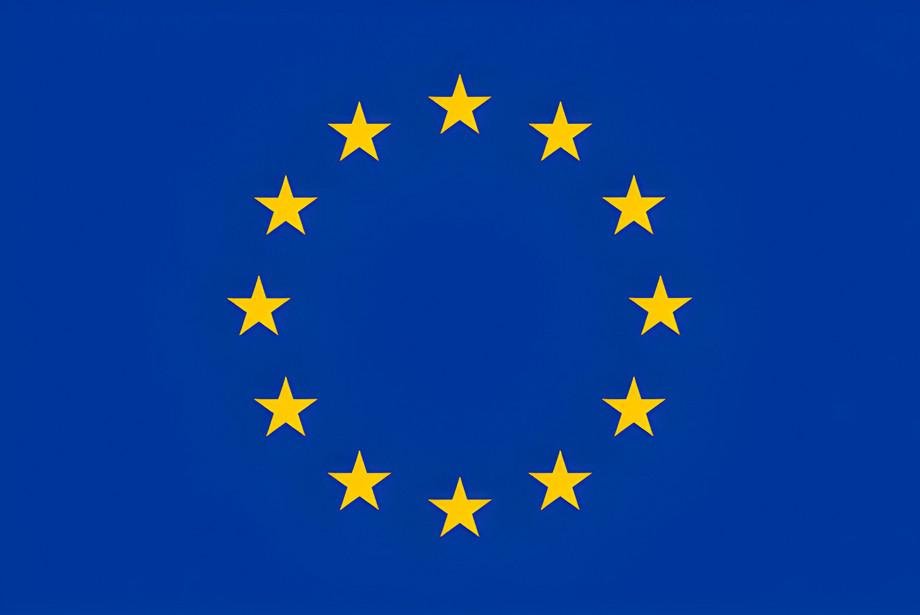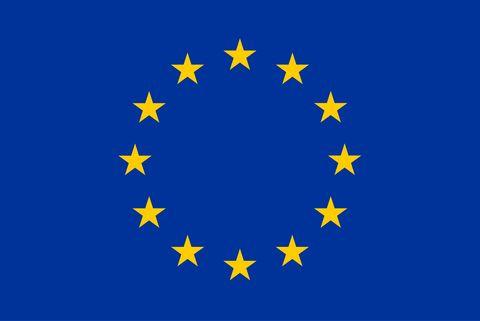Details
EASY-RES: Enable Ancillary Services by Renewable Energy Sources


The stability and security of the traditional electrical power systems is largely based on the inherent properties of synchronous generators (SGs). Such properties are: the grid-forming capability, the inertia, the damping of transients, andthe provision of large currents during faults. The growing penetration of converter-interfaced (thus inertia-less) DistributedRenewable Energy Sources (DRES) will eventually replace dispatchable SGs and increase power volatility, causing large frequency deviations and voltage regulation problems. The increase of SG spinning reserves, the grid reinforcement and theuse of central electric energy storage systems are some solutions proposed to tackle this problem. However, due to theircentralized approach and high cost, these actions can be undertaken only centrally by TSOs and DSOs.
By adopting a unified bottom-up approach, EASY-RES will develop novel control algorithms for all converter-interfacedDRES, to enable them to operate similarly to conventional SGs, providing to the grid inertia, damping of transients, reactivepower, fault ride through and fault-clearing capabilities, and adaptable response to primary and secondary frequency control.These new functionalities will be transparent to all grid voltage levels.
The EASY-RES approach is based on the distribution network segmentation into small Individual Control Areas, where the DRES and properly sized storage systems will be optimally coordinated via suitably designed ICT infrastructure to provide Ancillary Services (AS) such as inertial response, reactive power support, power smoothing, and contribution to fault-clearingin a bottom-up approach: prosumers and independent RES producers to DSOs, and DSOs to TSOs. By evaluating thecosts and benefits of the developed functionalities, viable business models will be developed for the aforementionedstakeholders. Finally, modifications to the existing grid codes will be suggested for the implementation of the developed AS.
| Principal Investigator(s) at the University | Prof. Dr. Hermann de Meer (Lehrstuhl für Informatik mit Schwerpunkt Rechnernetze und Rechnerkommunikation) |
|---|---|
| Project period | 01.03.2018 - 31.12.2021 |
| Source of funding |  Europäische Union (EU) > EU - 8. Forschungsrahmenprogramm (Horizon 2020) |
| Projektnummer | 764090-2 |
| Förderhinweis | This project has received funding from the European Union's Horizon 2020 research and innovationprogramme under grant agreement No 764090. |

